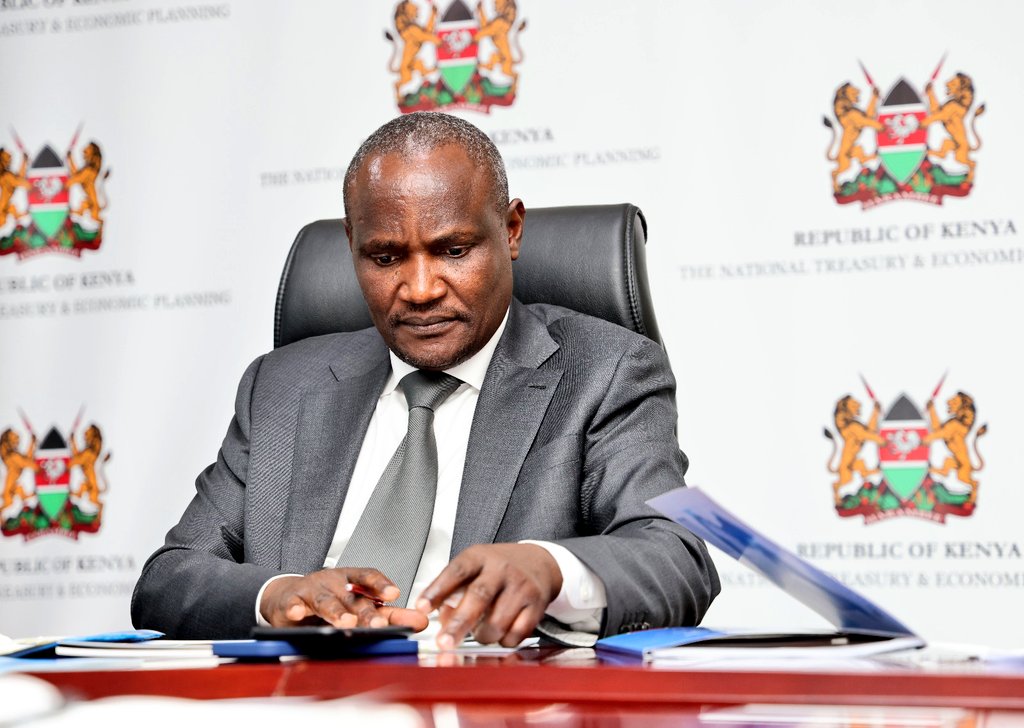

Cabinet Secretary John Mbadi said reducing corruption by 50 per cent will see the country collect at least Sh365 billion, eliminating the need to borrow externally.
To this end, the exchequer has set aside Sh560 million to complete digitisation of its procurement system.
“We hope to launch this system within this financial year,” he said.
He spoke during the State of Economy address on Wednesday at the National Treasury.
Mbadi’s sentiments came in the wake of the latest report by Emerald Insight which shows a staggering 70 per cent of corruption cases are linked to procurement fraud, particularly within government departments, underscoring the urgent need to examine the entangled relationship between procurement practices and corruption.
Mbadi said e-procurement will save substantial financial resources and help to instill confidence among taxpayers that they are getting value for money.
The procurement of goods and services constitute about 50 per cent of the government’s annual budget.
E-procurement is part of the modernisation of public financial management systems by the National Treasury, which Mbadi said included the establishment of a Treasury Single Account, from which all payments will be processed in line with financial sector reforms including the 2012 Public Financial Management Act.
Apart, from having all payment processing systems online, the Treasury also plans a virtual system that will process all public tenders and be linked to the Kenya Revenue Authority in a policy shift aimed at enhancing transparency and nabbing tax cheats.
“Once this is in place, we will not suffer the embarrassment of lining for loans from international lenders to fill budget deficits. We are going to rely on Public Private Partnerships for huge infrastructure funding.”
Kenya is ranked 126 out of 180 countries in the 2023 Transparency International Global Corruption Index, having dropped three positions from 123 in 2022.
It is
losing about Sh608 billion, or 7.8 per cent of the GDP,
annually to corruption, according to the Ethics and
Anti-Corruption Commission.


